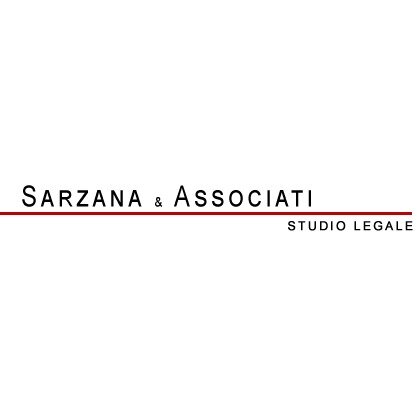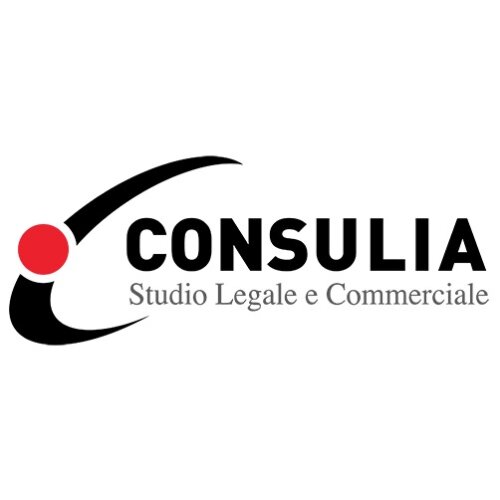Best Office Solutions Lawyers in Rome
Share your needs with us, get contacted by law firms.
Free. Takes 2 min.
List of the best lawyers in Rome, Italy
About Office Solutions Law in Rome, Italy
Office solutions law in Rome, Italy encompasses a wide range of legal issues related to the operation, management, and regulation of office spaces and business environments. This may include leasing or buying office space, complying with local zoning and development codes, understanding employment laws relating to office work, and ensuring compliance with health and safety regulations. Given Rome's position as a major European business hub, the city's office solutions legal framework is designed to support diverse commercial activities while safeguarding local heritage and social norms.
Why You May Need a Lawyer
Individuals and businesses might seek legal assistance in office solutions for a variety of reasons. Common situations include negotiating lease agreements, resolving disputes with landlords or tenants, understanding regulatory compliance for new office set-ups, addressing employment law matters, and ensuring proper business conduct in line with local laws. Legal expertise is often essential to navigate these complexities effectively and avoid potential disputes or penalties.
Local Laws Overview
The local laws in Rome that are particularly relevant to office solutions include zoning laws, which determine the types of business activities permitted in certain areas; building codes, which ensure safety and structural integrity; employment regulations, covering worker rights and obligations; health and safety standards, pivotal for workplace safety; and data protection laws, crucial for companies handling personal data. Additionally, business licensing requirements must be met to lawfully operate in Rome.
Frequently Asked Questions
What are the common legal issues in office leasing?
Common issues in office leasing include disputes over lease terms, rent increases, property maintenance responsibilities, and early termination conditions. It's important to have clear lease agreements to avoid such conflicts.
How can I verify if my office complies with local zoning laws in Rome?
You can verify compliance with local zoning laws by consulting the Rome Municipal Planning Office, which provides information on zoning designations and permitted uses for different areas.
What should I consider when drafting employment contracts?
When drafting employment contracts, consider including terms related to compensation, job responsibilities, working hours, confidentiality, and termination conditions. Compliance with Italian labor laws is crucial.
Are there specific health and safety regulations for offices in Rome?
Yes, offices in Rome must adhere to Italian Occupational Safety and Health legislation, which includes provisions for emergency exits, fire safety, ergonomic workplace standards, and providing a safe working environment.
What steps should I take to resolve a dispute with my landlord/tenant?
First, review your lease agreement for dispute resolution terms. Attempt direct negotiation to resolve the issue amicably. If this fails, consider mediation or legal action through the courts if necessary.
Do I need a license to establish an office in Rome?
Yes, you typically need a business license to establish an office in Rome. The specific requirements vary depending on the type of business and local regulations, so it's advisable to consult local authorities or a legal expert.
How can I ensure data protection compliance in my office?
Ensure data protection compliance by adhering to the General Data Protection Regulation (GDPR), which includes obtaining consent for data processing, ensuring data security, and providing individuals with access to their data.
What options are available for resolving legal disputes outside of court?
Alternative dispute resolution (ADR) methods such as mediation and arbitration are available in Rome. These can be less time-consuming and costly compared to court proceedings.
How do labor laws affect office working hours in Rome?
Italian labor laws set limits on working hours, mandate breaks, and outline overtime regulations. Employers must comply with these laws to avoid legal penalties and ensure fair treatment of employees.
Can my office solution include remote working arrangements?
Yes, remote working is permissible under Italian labor laws. However, specific terms should be clearly outlined in employment contracts, including provisions for equipment, data security, and work hours.
Additional Resources
For those seeking further information or assistance regarding office solutions in Rome, consider reaching out to the following resources:
- Rome Chamber of Commerce: Offers guidance and support for businesses operating in Rome.
- Italian National Institute for Insurance against Accidents at Work (INAIL): Provides information on workplace safety standards.
- Municipal Planning Office: Offers zoning and development information.
- Local Legal Aid Societies: Can offer pro bono or reduced-fee legal services for qualifying individuals and businesses.
Next Steps
If you need legal assistance in office solutions, the first step is to clearly define the issue you need help with. Gather relevant documents such as leases, contracts, or regulatory notices. Reach out to a qualified lawyer specializing in Italian commercial or real estate law. Consider scheduling a consultation to discuss your situation and explore options for resolution or compliance. It's vital to act promptly to avoid escalation or additional legal complications.
Lawzana helps you find the best lawyers and law firms in Rome through a curated and pre-screened list of qualified legal professionals. Our platform offers rankings and detailed profiles of attorneys and law firms, allowing you to compare based on practice areas, including Office Solutions, experience, and client feedback.
Each profile includes a description of the firm's areas of practice, client reviews, team members and partners, year of establishment, spoken languages, office locations, contact information, social media presence, and any published articles or resources. Most firms on our platform speak English and are experienced in both local and international legal matters.
Get a quote from top-rated law firms in Rome, Italy — quickly, securely, and without unnecessary hassle.
Disclaimer:
The information provided on this page is for general informational purposes only and does not constitute legal advice. While we strive to ensure the accuracy and relevance of the content, legal information may change over time, and interpretations of the law can vary. You should always consult with a qualified legal professional for advice specific to your situation.
We disclaim all liability for actions taken or not taken based on the content of this page. If you believe any information is incorrect or outdated, please contact us, and we will review and update it where appropriate.

















